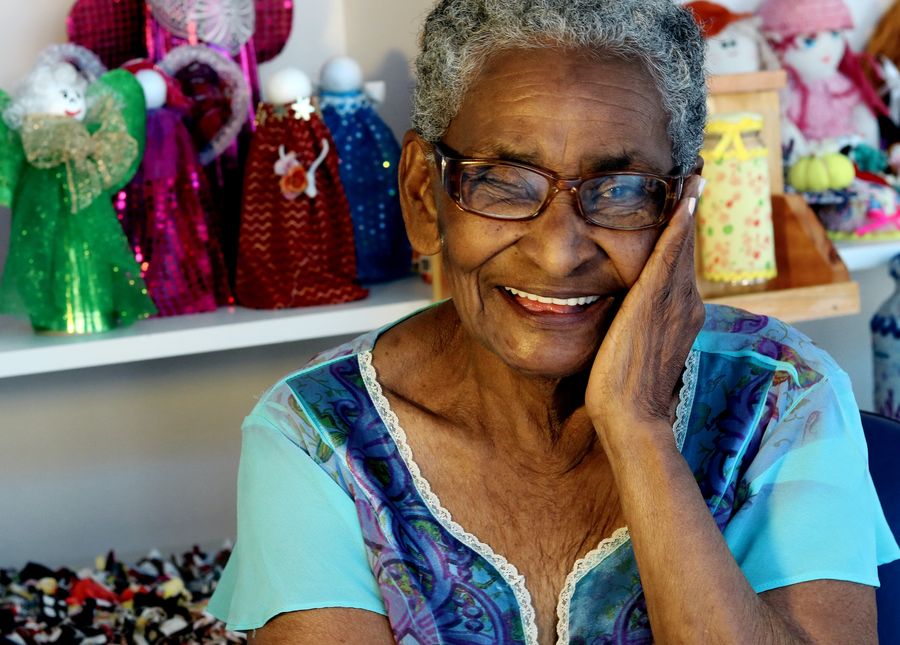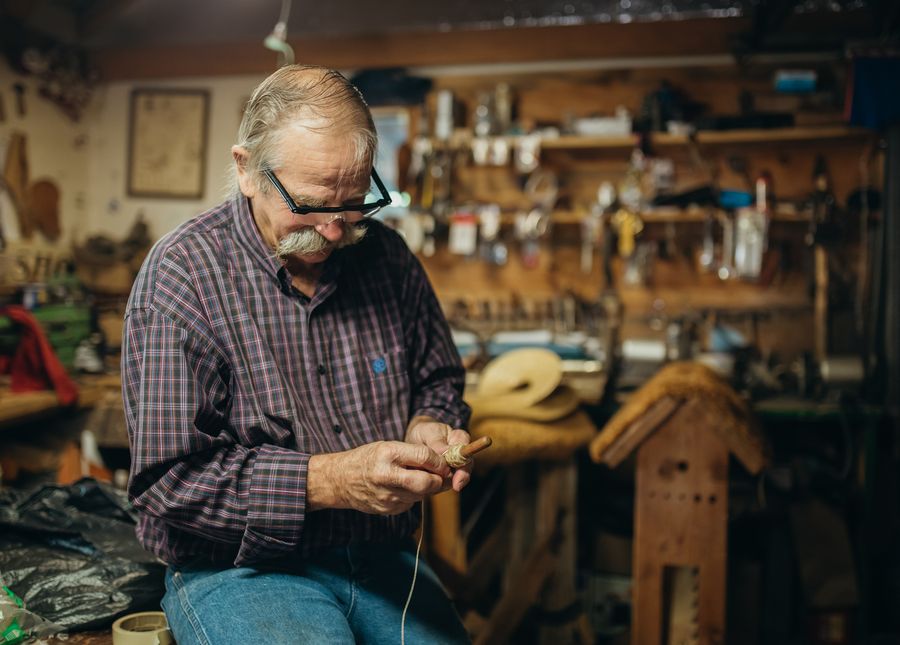If you or a loved one has had a dementia diagnosis, it can be helpful to understand the support that’s available to you. While dementia is deeply upsetting, there are still lots of things you can do to continue living a fruitful and happy life.
For some people, living at home isn’t practical, and they need to take advantage of the extra support of dementia care in residential aged care. But for many people, remaining at home is not only possible, but actively supported.
Supporting you with information
Your doctor is the first port of call. Make sure you – and any family or friends you want involved – understand what your diagnosis means, and what treatments are currently available.
There are also some wonderful services available in the community. Take a look online at Dementia Australia (previously Alzheimer’s Australia); they offer information and advice via a helpline, information sheets, counselling, support for carers and more. Call them on 1800 100 500 (business hours).
Help at home
Help around the home – ranging from gardening and shopping right through to personal and medical care – is available to help you stay in your home for as long as possible.
Depending on your financial situation, Government assistance may be available to help with the cost of care.
To access any subsidies, you first need to arrange an Aged Care Assessment – a meeting with health professionals to assess your needs. You’ll also need to fill in an Income and Assets Assessment form.
See details on accessing government support
Carer support
From information and support groups through to respite care, if you are looking after a loved one with dementia, help is available.
Dementia Australia offers family education courses and run local support groups for carers and family members.




